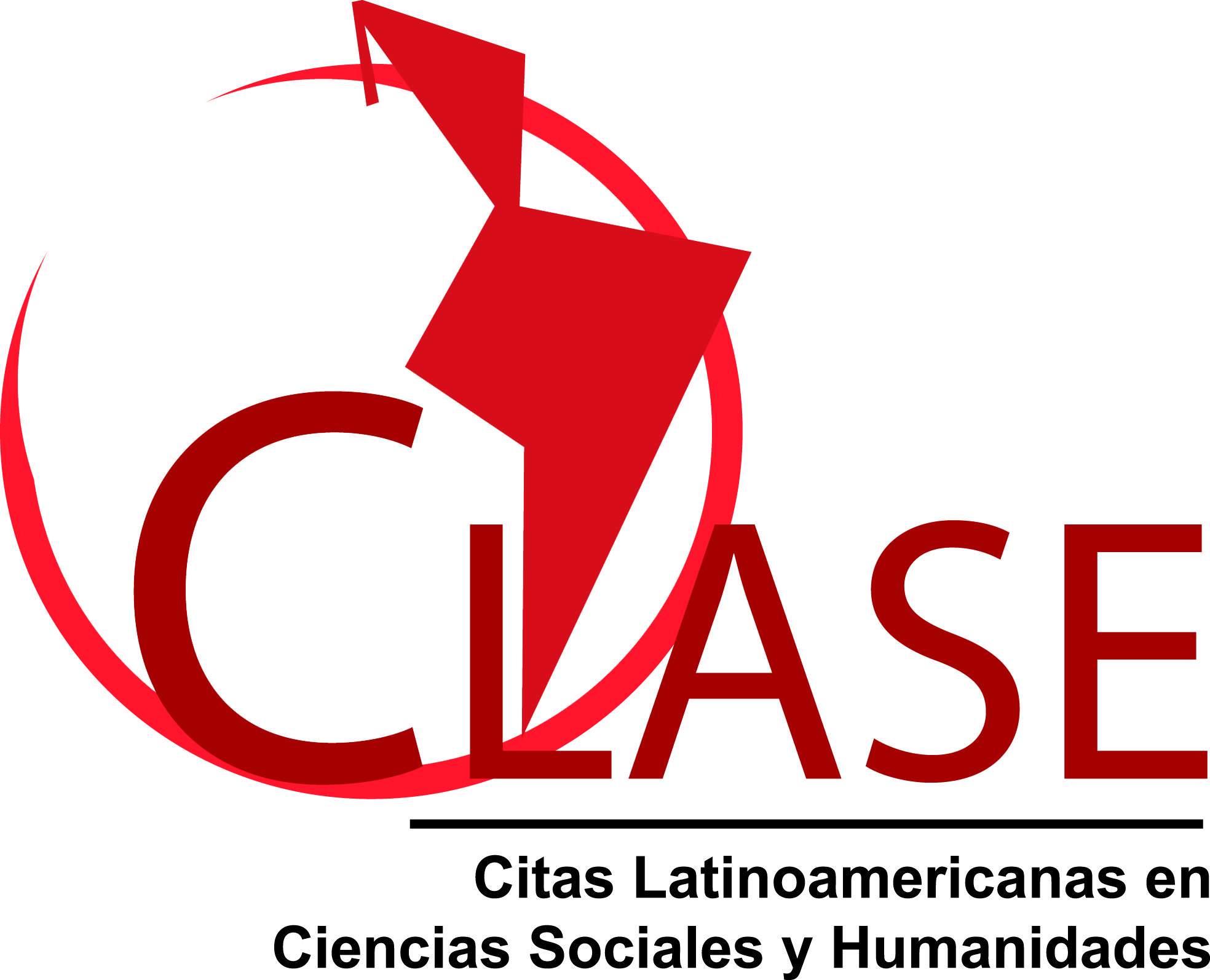Open access policy
Journal DYCSVICTORIA, based on its open-access policy, allows the full content of the journal to be downloaded free of charge in digital format from its electronic portal. Authors are also permitted to post the article in the version published by the journal on their personal website or in an open-access repository, distribute copies of the published article in electronic or printed format to whomever they deem appropriate, and reuse part or all of the article in future articles or books, giving proper credit.
The names and email addresses entered in this journal will be used exclusively for the purposes stated herein and will not be provided to third parties or used for other purposes.
Authors must declare that there are no conflicts of interest in their study that could influence the results presented in their submission, as well as the discussion and conclusions drawn.
Additionally, authors must declare in writing that their article is original and unpublished, that its contents are the result of their direct intellectual contribution, and that they have obtained proper authorization from all co-authors for publication. Authors agree not to submit the manuscript for consideration to another publication while it is under review in Journal DYCSVICTORIA, nor afterward if it is accepted for publication.
Plagiarism is not tolerated in Journal DYCSVICTORIA. Therefore, all submitted manuscripts will be checked for evidence of plagiarism (copying text or results from other sources without proper credit) as well as self-plagiarism (duplicating a substantial part of one’s previously published work without appropriate references and presenting it as original results). Manuscripts found to involve plagiarism will be rejected.
Journal DYCSVICTORIA is committed to avoiding conflicts of interest during the evaluation of articles. Editors and external reviewers participating in the peer-review process are required to declare any potential conflicts of interest that may affect their assessment, such as having antagonism with the research area of the manuscript being reviewed (the evaluation is conducted using a double-blind method).







